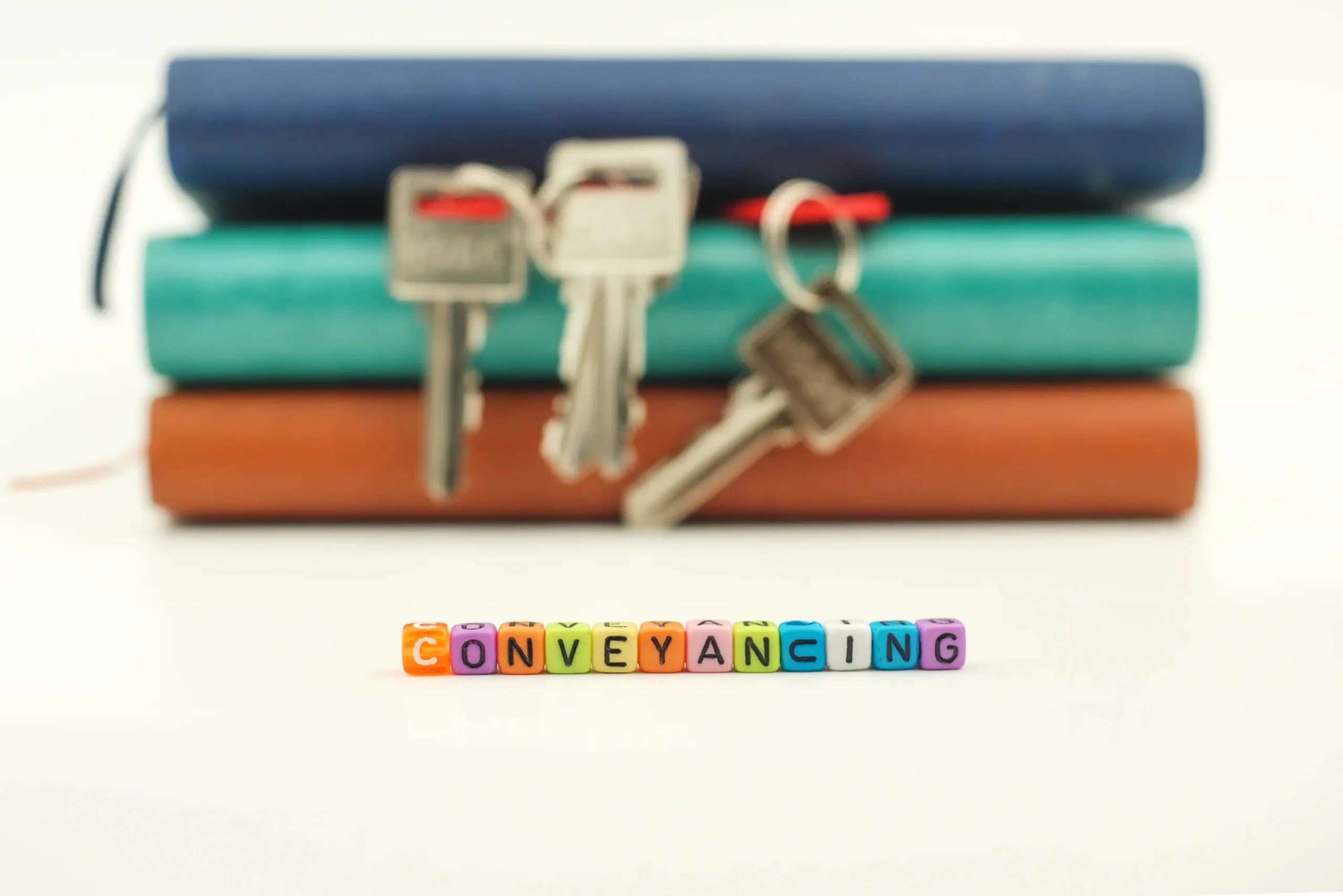Dreaming of a home under the Spanish sun? Buying property in Spain can be an exciting venture for expats. However, it’s crucial to navigate Spanish property law and the conveyancing process in Spain carefully to ensure a smooth transaction. This guide outlines the legal essentials, from initial steps to final deeds, so you can purchase your Spanish property with confidence, ideally with the help of an experienced real estate lawyer.

No Restrictions on Foreign Buyers: Spain generally welcomes foreign buyers, so you don’t need to be a resident to purchase property. The main requirement is obtaining a Número de Identificación de Extranjero (NIE) – a foreigner’s identification number used for all legal and tax matters. An NIE is essential for signing deeds, paying taxes, and even setting up utilities.
Engage a Qualified Solicitor: Hiring an independent English-speaking property lawyer is highly recommended. Conveyancing solicitors experienced in Spanish property law will safeguard your interests, explain any terms in plain English, and handle the conveyancing process on your behalf. This professional guidance is invaluable, especially in popular areas like the Costa del Sol where many expats buy homes.
Buying property in Spain involves a series of steps. Below is an overview of the typical conveyancing in Spain process for expats:
Buying a property in Spain comes with certain taxes and fees that expats should budget for:
Buying a home in Spain can be a rewarding investment and a dream come true for many expats. By understanding the process, securing expert legal help, and doing due diligence, you set yourself up for a successful purchase. Spain’s property buying process is safe when navigated correctly – and with the right conveyancing support, you can soon enjoy your place in the sun, worry-free.
Need guidance with buying property in Spain? PCC Legal specialises in Spanish property law and offers comprehensive support for foreign buyers. Whether you’re looking at Costa del Sol conveyancing or purchasing elsewhere in Spain, our experienced team is here to help every step of the way.
Contact our conveyancing in Spain experts today or get in touch to discuss your needs, and let us ensure your Spanish property journey is smooth and secure.
Check out our detailed area guides along the Costa del Sol and Algarve.
Keep up to date with property news along the Costa del Sol with our blogs.
At PCC Property we don’t just list properties, we unlock lifestyle dreams, Discover how our sales-only, lifestyle-first approach is different.
Who we are
Discover more on our commitment to transparency, trustworthy advice and delivering exceptional client service.